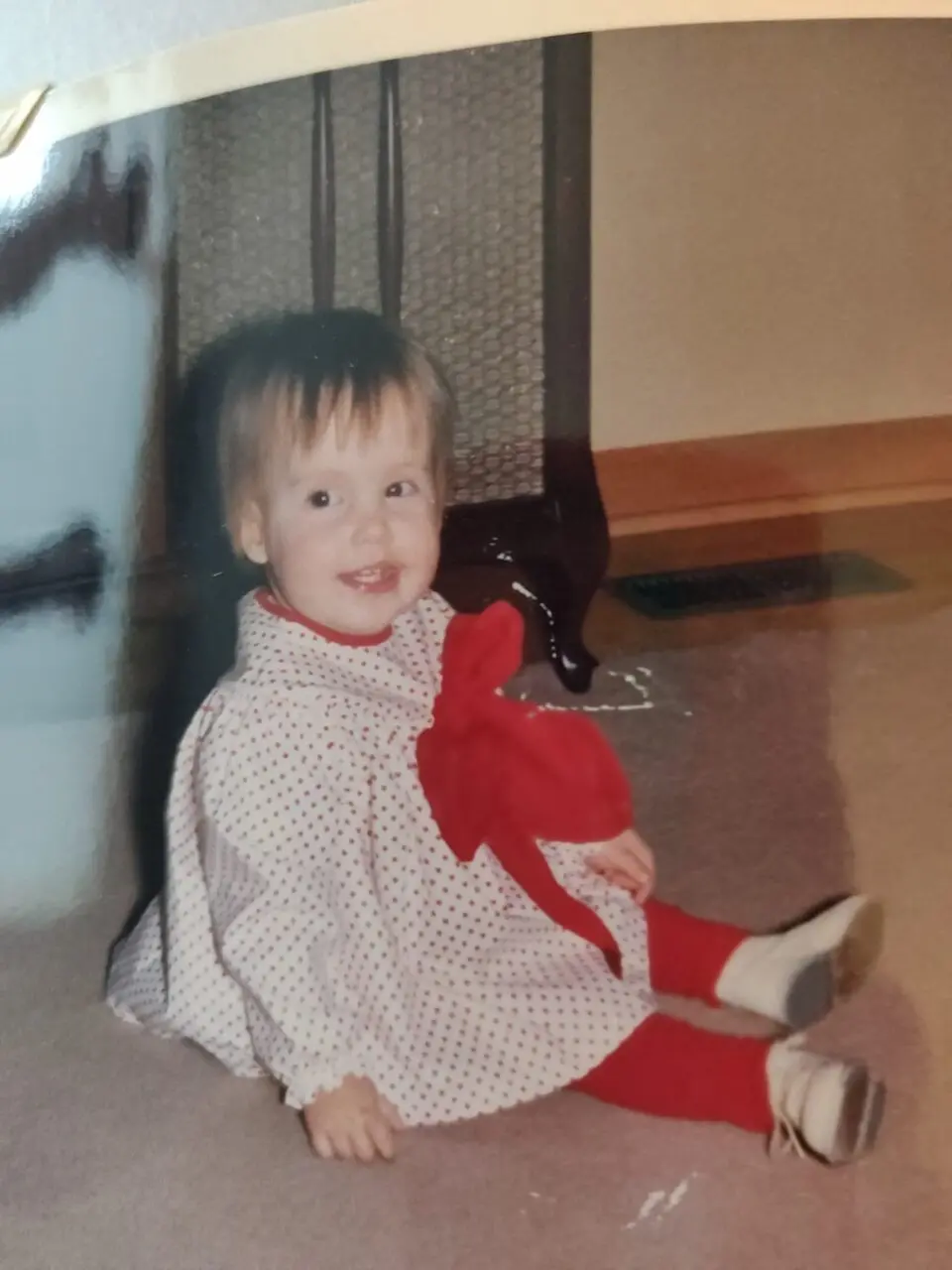
Troy Chandler was leading a full and busy life when things changed dramatically. He had a seizure caused by pressure in his brain. A CT scan confirmed he had hydrocephalus.
Troy experienced occasional headaches and facial numbness for some time and was concerned. However, his doctors believed his symptoms were stress related and did not investigate further.
In 1994 when Troy was only 28 years old, he had a seizure in the middle of the night. He needed shunt surgery immediately. There were no neurosurgeons in
Sault Ste. Marie where he lived, so Troy was taken by ambulance to Sudbury.
Troy was married with two children and working full time at the local Days Inn as a Duty Manager.
Recalls Troy, “When I was diagnosed, everything just spiraled and happened so quickly. There was no time to process what was going on or what was to take place. It was a very emotional time.
“We were scared and didn’t know what to expect or what the outcome would be. We were told the risks, but basically had no choice, and the alternative was worse. It was the longest two weeks in the hospital, and recovery was two months.
“To be honest, I don’t know how we coped. We just leaned on each other. Our initial thoughts were that the surgery would be ‘one and done’ and that everything would be good. At least that was what we were hoping for.
“Unfortunately, that was not the case and things just changed. It was like it was just surgery after surgery, whether it was every six months or every year. It was like we were regular frequent flyers per se.
“You know you’ve been to a hospital too many times when they see you and know you by name.
“I managed to go almost five years before having my first shunt revision in December 1998.I just started to get used to living again, and forget I have this condition.
“Then six months later in 1999 I ended up having four more operations within a single week. That was the toughest. There were complications and some bleeding (hemorrhage).
“My symptoms appear more suddenly with no warning signs, and my condition seems to deteriorate rapidly, to the point where I need to be air ambulanced to Sudbury.
“Each surgery takes its toll on me and my family, and recovery is a very slow and long process. But it is the financial burden that is always a constant worry.”
Since his first shunt surgery, Troy has had 12 shunt revisions. He continues to have seizures, developed osteoporosis, and Trigeminal Neuralgia (a condition causing pain from the top of the ear to the eye, cheek, and jaw).
Rather than focusing on what he could no longer do, Troy and Annette have focused on making a difference for individuals with spina bifida and hydrocephalus, and learning as much as they could about his condition.
They engage in fundraising initiatives and form connections with others who have it through social media. Annette developed a website so that people from anywhere in the world could connect and share information about spina bifida and hydrocephalus. It was through their website that Hydrocephalus Canada reached out to Troy and Annette.
They are now community contacts for Sault Ste. Marie on behalf of Hydrocephalus Canada, providing information about spina bifida and hydrocephalus and sharing information to individuals with these conditions. These connections have also helped them stay informed and help others, too.
For the past 13 years, Troy and his wife Annette have been hosting an annual fundraiser called “Troy’s Trail Spirit Walk” in honour of Spina Bifida and Hydrocephalus Awareness month. The walk takes about 15 minutes and is on the waterfront boardwalk beside the local art gallery.
Their first walk in 2012 had a dozen participants. To date the event has grown significantly and has raised over $30,000 to support Hydrocephalus Canada’s programs and services.
Troy says, “My health is okay, but I am a changed person. I struggle daily with memory loss, anxiety, and depression. I don’t sleep well, and I get frustrated easily. I try my best to be happy and positive and live each day to the fullest.
“Throughout the years, my wife and I just try to simplify our lives and keep things as stress free as possible. I have the Medic Alert bracelet and have informed family and friends of my condition as well as my symptoms just in case of an emergency.
“We have been fortunate enough to have the patience, understanding, love and support of our family, friends, and Hydrocephalus Canada. Unfortunately, some people are not so patient and understanding, which is not only sad, but it also really hurts.”
Annette and their adult children Kelsey and Brett are always there for him. Annette says, “We do our best to help him when he needs it, whether it is to cheer him up when he’s down, help him find things when he misplaces them, help remind him of important dates, events, appointments, and medications. We try and help to eliminate stress for him.”
Troy’s advice for anyone looking for information about spina bifida and or hydrocephalus is to contact Hydrocephalus Canada.
“We strongly recommend anyone with these two conditions to reach out to them. They are helpful on so many levels, and they have supported us tremendously throughout the years.”
Their next fundraiser is on June 8, 2024. For more information visit here or hydrocephalus.ca






